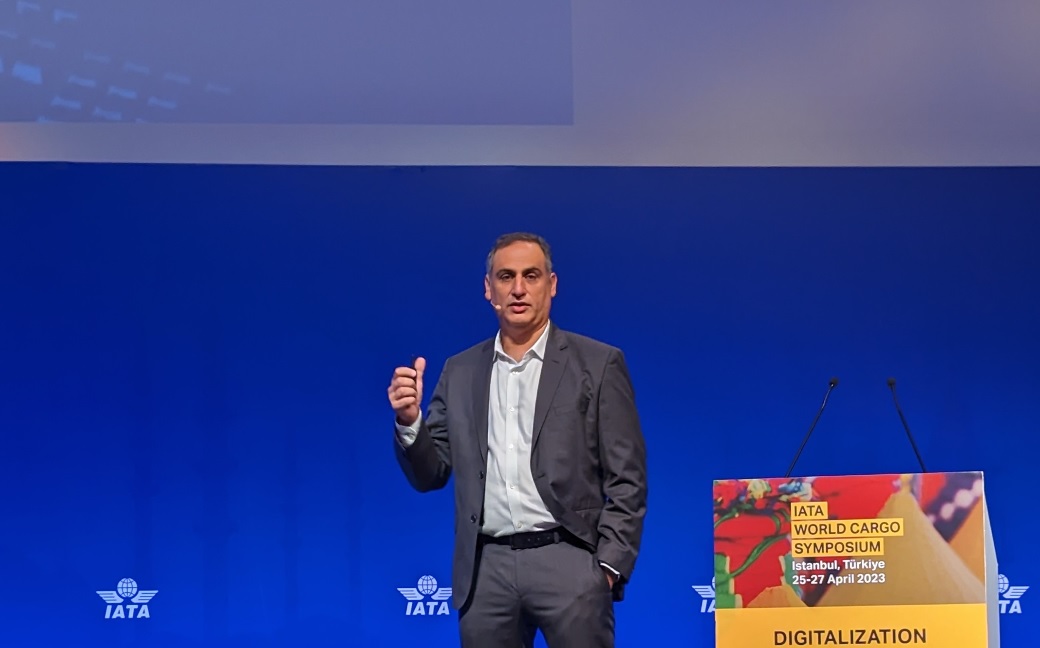Learn to fail on the path to digitalisation
26 / 04 / 2023

Andres Bianchi, chief executive, LATAM Cargo
The key to successfully designing digitalisation tools is to “learn to fail… but never fail to learn”.
This is according to LATAM Cargo chief executive Andres Bianchi, who explained the digitalisation process is a true learning curve.
He said: “Five years ago we were in a very dire situation. We had more than 120 IT elements supporting the cargo business.”
Most of these platforms had been custom-built, there were many integrations introduced and this is where LATAM Cargo ran into operating challenges.
“We learned the hard way that integrations are where most things fail,” said Bianchi.
When the company experienced online issues it was a lengthy process to get things back on track, he added.
He stressed: “This proves the point that digitalisation is no longer an option, it’s an obligation.”
LATAM Cargo has now completed its international digitalisation phase one project which incorporates SaaS and cloud-based technology. This has taken it from circa 120 elements to 11.
Its domestic phase one and international phase two projects are due to be rolled out later this year.
Domestic and international business has been split into two projects to make the finished offerings more efficient.
Bianchi explained LATAM Cargo has recorded major improvements in relevant IT metrics.
“It’s changed radically how we operate and how we can serve our customers.”
The company has improved its uptime (99.995%), achieved e-tracking with “80% satisfaction”, and seen successful e-AWB sequential implementation, he said.
Major improvements in customer metrics, distribution and operational efficiency have also been noted.
LATAM Cargo operates a multi-hub business, this meant it was “important to have dynamic routing rather than pricing”.
The dynamic routing engine enables automatic re-booking.
He added that implementation of an end-to-end one.record pilot has enabled LATAM Cargo to save time.
Some of Bianchi’s top tips for undertaking a digitalisation project include working out what the right questions are; finding the right KPIs and milestones; focusing on SMEs with knowledge, talent and ability to collaborate; and knowing when to intervene and when to get out of the way.
He said be clear on priorities and make choices about what is important, and be honest about what you do well.














